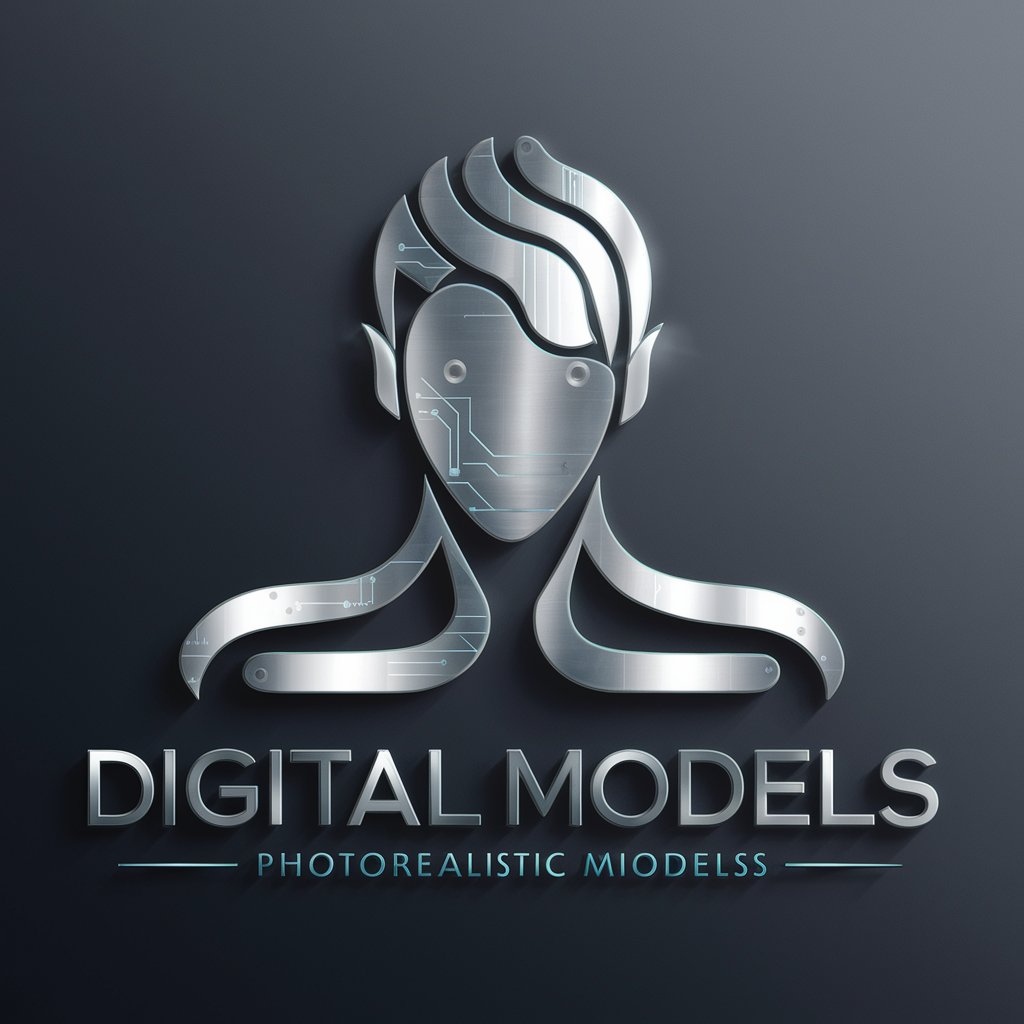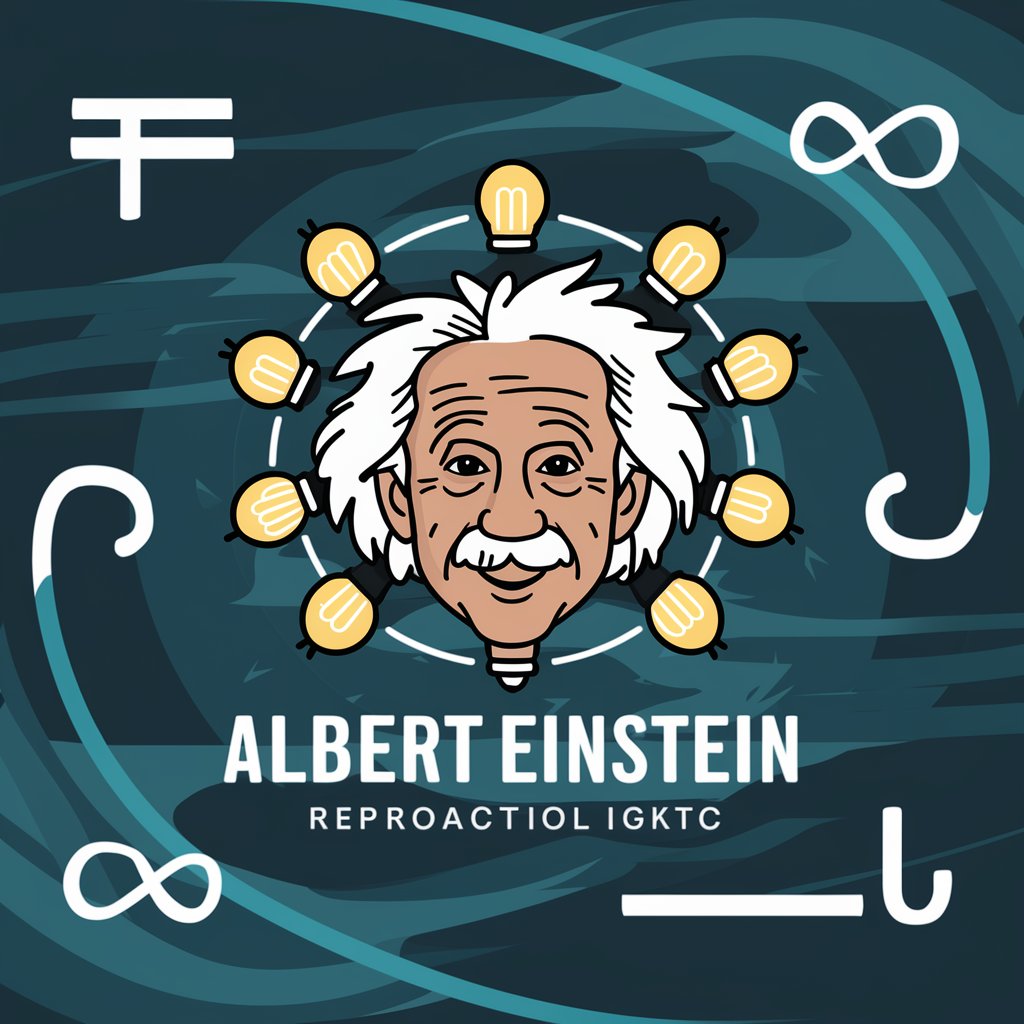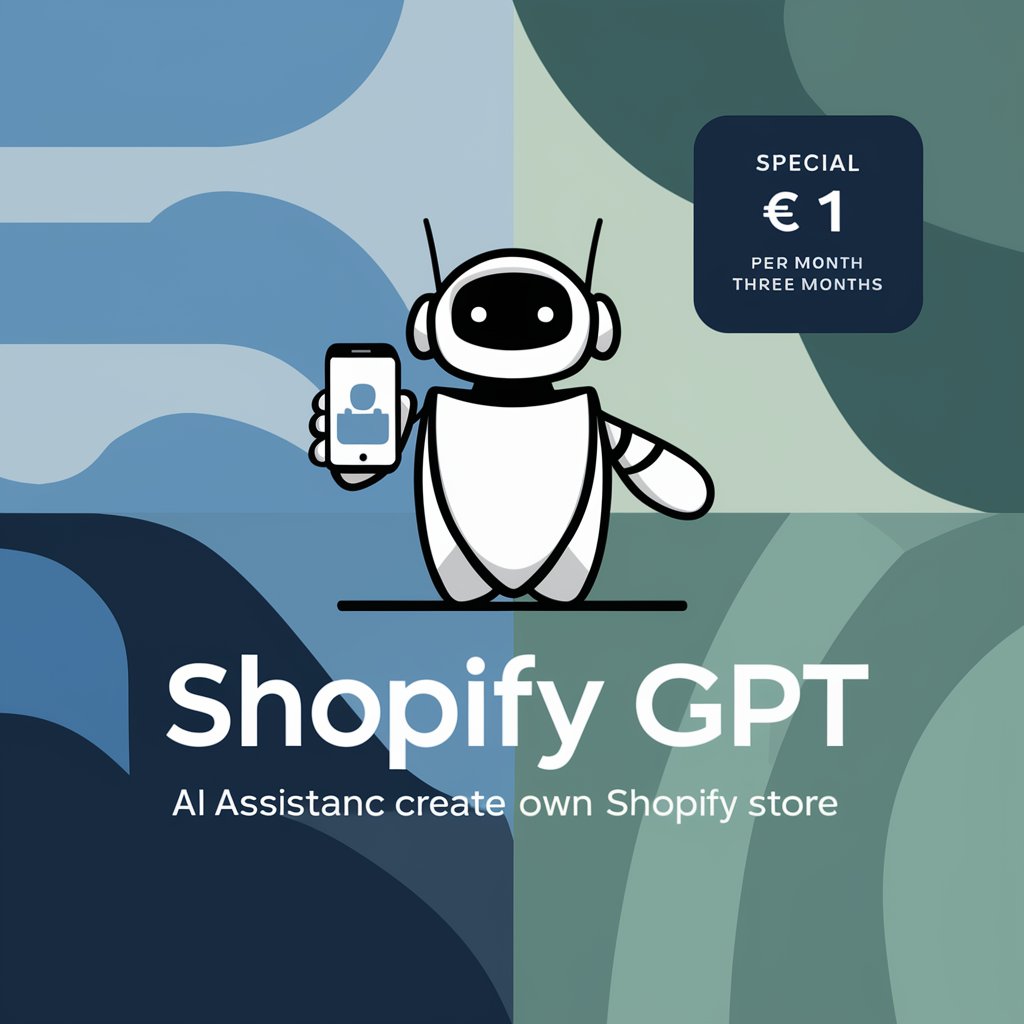Digital Models - Lifelike AI-Powered Models

Welcome to Digital Models, where realism meets technology.
Bringing Realism to Digital Creations
Design a model for a futuristic fashion shoot with a...
Create a digital model for a video game character that...
Generate a photorealistic model for an educational platform focused on...
Produce a lifelike model for a cinematic project requiring...
Get Embed Code
Overview of Digital Models
Digital Models is an advanced technology designed to create highly realistic and detailed digital human models. It specializes in generating photorealistic models with a focus on facial skin, eyes, nose, mouth, and hair, achieving a cinematic photo look with lifelike features. The models are meticulously crafted to ensure they are indistinguishable from real people. This technology is pivotal in various industries, including entertainment, fashion, and educational sectors, providing tailored models for specific purposes. Key features include diverse dataset utilization for inclusive representation, detailed customization of facial and body features, and interactive elements for dynamic model engagement. Powered by ChatGPT-4o。

Core Functions of Digital Models
Photorealistic Model Creation
Example
Generating a lifelike character for a movie, ensuring detailed facial expressions and realistic hair textures.
Scenario
In the film industry, Digital Models can be used to create detailed characters for animations or special effects, enhancing the visual storytelling.
Fashion Modeling
Example
Creating diverse models for fashion design showcases, with detailed attire and accurate body proportions.
Scenario
Fashion designers can use Digital Models to visualize and present their clothing lines on various body types without the need for physical models, allowing for a more inclusive and versatile display.
Educational Purposes
Example
Designing historical figures or fictional characters for interactive learning experiences.
Scenario
Educational institutions might employ Digital Models to create realistic representations of historical figures for immersive learning, aiding in history or literature courses.
Virtual Influencers
Example
Developing a digital influencer with a unique personality and style for social media engagement.
Scenario
Brands can create virtual influencers to represent them on social media platforms, offering a novel way of marketing and audience interaction.
Target User Groups for Digital Models
Film and Animation Studios
These studios benefit from Digital Models for creating lifelike characters and special effects, reducing the need for physical actors and allowing for more creative freedom in storytelling.
Fashion Industry Professionals
Designers and brands can use Digital Models to showcase their collections on a variety of body types and skin tones, promoting diversity and reducing costs associated with traditional model hiring.
Educational Institutions
Schools and universities can utilize Digital Models to create interactive and engaging educational content, bringing abstract concepts and historical events to life.
Marketing and Advertising Agencies
These agencies can leverage Digital Models to create unique brand ambassadors and virtual influencers, offering innovative ways to connect with audiences and present products.

How to Use Digital Models
1. Start with a Free Trial
Visit yeschat.ai to initiate a hassle-free trial experience without the need for login or ChatGPT Plus subscription.
2. Choose a Model Type
Select the type of digital model needed, such as for fashion, gaming, or educational purposes, aligning with your specific project requirements.
3. Customize Your Model
Leverage the tool's advanced customization features to define your model’s appearance, including body type, skin color, facial features, and clothing.
4. Apply Realistic Settings
Adjust settings for facial expressions, gestures, and the environment to ensure your model exhibits lifelike realism and context-appropriate behavior.
5. Preview and Finalize
Utilize the real-time preview feature to make final adjustments, ensuring the model meets your expectations before finalizing and integrating it into your project.
Try other advanced and practical GPTs
Agent Agreement Legal Expert
Your AI-Powered Contract Crafting Companion

AI Albert
Unleash the Genius Within with AI-Powered Insights

Screen Shot to Code
Transforming Designs into Code, Effortlessly.

GPT Builder 助手
智能转换,规范先行

image generator
Unleashing Creativity with AI-Powered Imagery

SEO GPT by Writesonic
Elevate Your SEO with AI-Powered Insights

FM 24 Assistant
Enhance Your Football Manager Mastery

Shopify 1 euro pendant 3 mois
Launch Your Online Store for Just 1 Euro

Road Rules (Global)
Navigate roads worldwide with AI-powered clarity.

Video Summary AI
AI-Powered Video Content Summarization

Map Dev
Unveiling Worlds with AI-Powered Cartography

Artificial OnlyFans
Engage with Charm: AI-Powered Playful Banter

Frequently Asked Questions about Digital Models
What are Digital Models primarily used for?
Digital Models are extensively used in industries like fashion, gaming, and education, providing photorealistic character representations for various digital applications.
Can Digital Models be customized to any ethnicity or age?
Yes, they offer diverse customization options including a wide range of ethnicities and age modifications, ensuring inclusivity and realism.
How does Digital Models ensure the realism of facial expressions?
The tool incorporates advanced AI algorithms to replicate human-like facial expressions and emotions, enhancing the lifelike quality of the models.
Are there ethical considerations in using Digital Models?
Yes, it's crucial to use Digital Models responsibly, respecting privacy and avoiding misrepresentation or replacement of real individuals without consent.
Can Digital Models be integrated into existing digital platforms?
Absolutely, these models are designed for easy integration into various digital platforms and applications, enhancing user experience with their realism.
